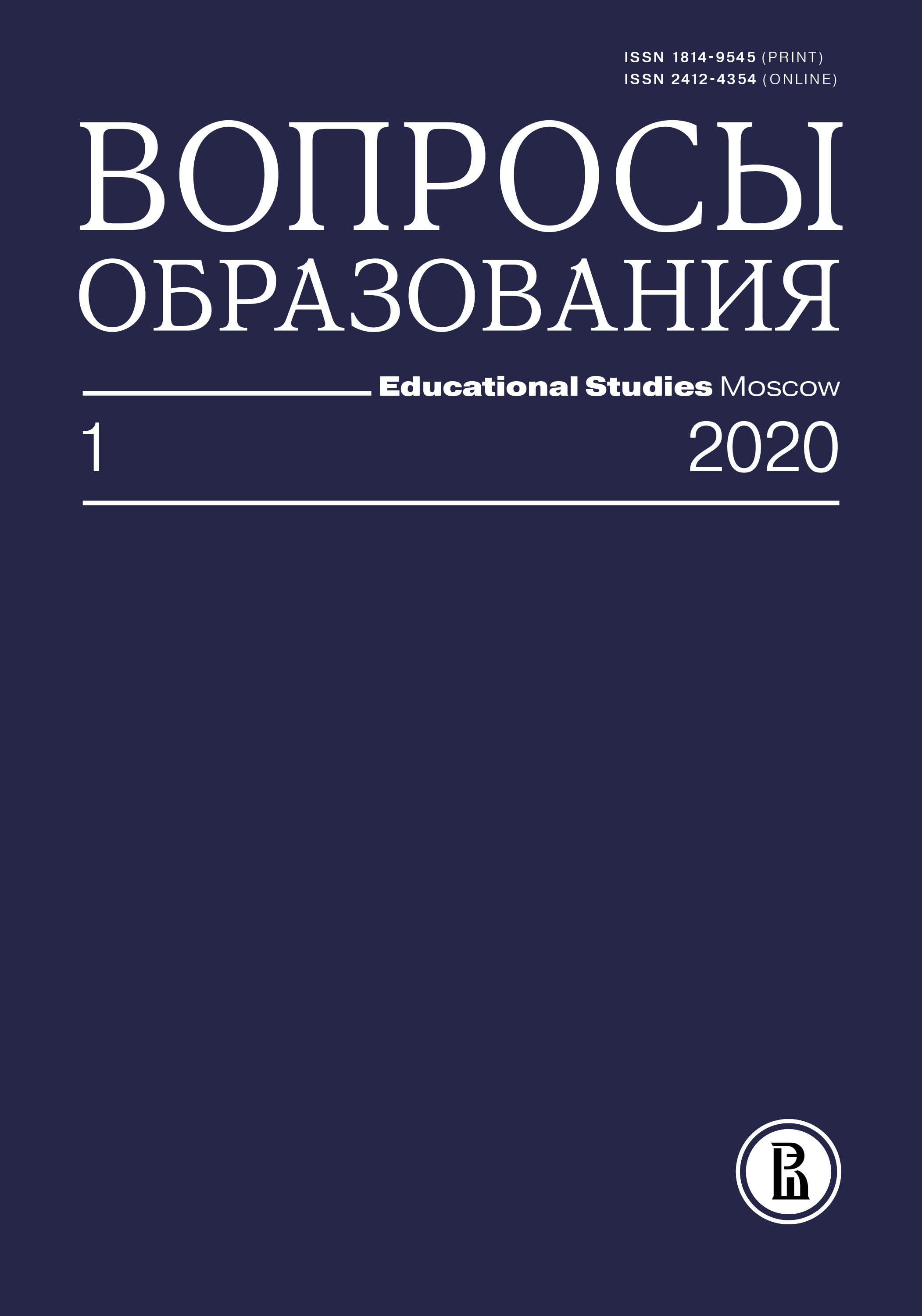Преподавательницы Бестужевских женских курсов как феномен российской эмансипации второй половины XIX — начала ХХ в.
Аннотация
В статье рассмотрен феномен женского «вторжения» в научно-преподавательскую сферу и особенности социально-правового статуса первых российских женщин-историков, ставших преподавательницами вуза во второй половине XIX — начале ХХ в. Изучение их стратегий самореализации позволило воссоздать те социальные механизмы, которыми пользовались женщины в своем стремлении достичь статуса квалифицированного научного работника и преподавателя в высшем учебном заведении. Анализируя нормативно-правовые акты, регулировавшие положение вузовских преподавателей в Российской империи, протоколы заседаний преподавательского состава Высших женских курсов в столице, неопубликованные мемуарные источники, авторы реконструируют истоки и механизмы преодоления гендерных стереотипов, небыстрый путь к допуску женщин-историков к преподаванию и освоению ими азов преподавательского мастерства, своеобразие женского стиля профессиональной деятельности на Высших женских курсах, правовые и социальные нормы, которые им пришлось изменить для обеспечения равного с коллегами-мужчинами преподавательского статуса. В статье впервые проводится анализ правоприменительной практики по трудоустройству преподавательниц историко-филологического отделения Высших (Бестужевских) женских курсов. Впервые представлены и экономические аспекты преподавательской деятельности женщин, формы их взаимодействия с руководством курсов и другими преподавателями историко-филологического отделения в целом.








